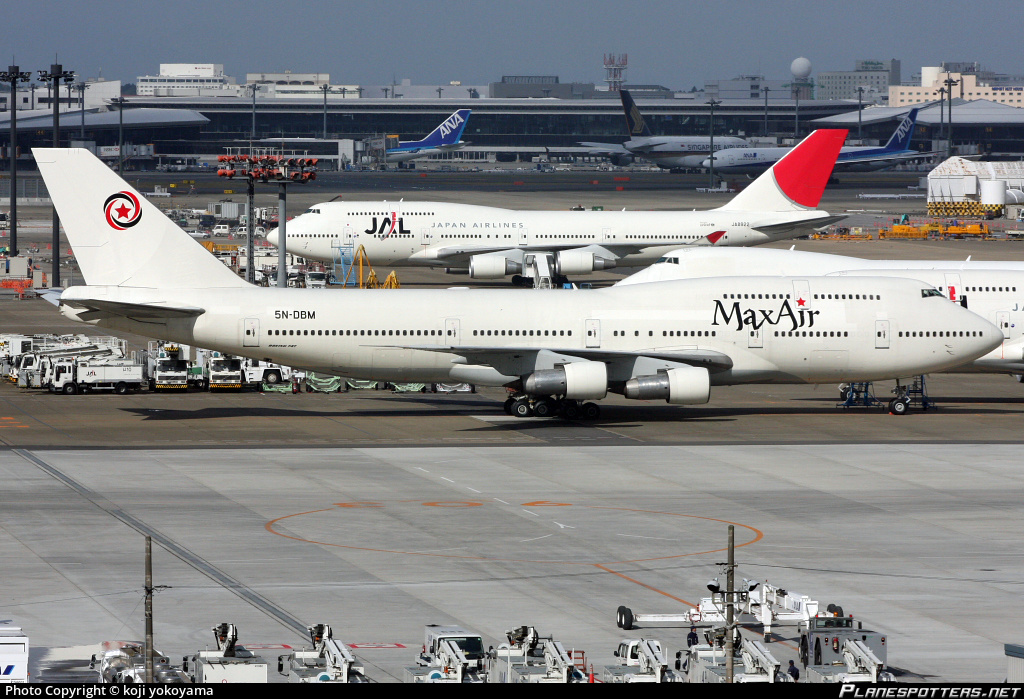Iyke Bede writes that Nigeria’s recent removal from the FATF grey list affirms that the reforms undertaken by government agencies and gaming operators to curb money laundering, terrorism financing, and other illicit activities have gained international recognition
When Nigeria landed on the Financial Action Task Force (FATF) grey list in February 2023, the world read it as a warning: the country’s systems for fighting money laundering and terrorist financing were not strong enough. That single designation quietly reshaped how global banks and investors viewed Nigerian entities. And for a sector like gaming, one built on high transaction volumes, digital payments, and consumer trust, the impact was immediate and costly.
For nearly two years, Nigerian gaming operators operated under heightened suspicion. Banks became wary of onboarding betting platforms. Payment partners delayed integrations. International investors either paused their plans or demanded extra layers of due diligence. Even legitimate companies found themselves drawn into a climate of caution.
When GAMINGWEEK wrote ‘In Season Three of Compliance Training for Operators, EFCC, NFIU Highlight Increased Scrutiny on Gaming Sector’ in THISDAY earlier this year, the signs were clear: Nigeria was responding to FATF pressure. The EFCC and NFIU, in conjunction with industry umbrella associations such as the Association of Nigeria Bookmakers, the Association of Casino Owners and Gaming Operators, and the Nigerian Licensed Lottery Operators Forum, had begun hosting compliance sessions for gaming operators, pushing for stronger KYC, better record-keeping, and transparent ownership structures. Those trainings were more than routine oversight; they were part of the country’s broader effort to align with the FATF action plan. The reforms taking place within gaming mirrored the national push to fix structural weaknesses that had landed Nigeria on the watch list in the first place.
Now, Nigeria’s removal from the grey list in October 2025 is more than a symbolic victory. It confirms that those reforms have been recognised internationally. For the gaming industry, it opens doors that have been half-shut since 2023. Operators can expect smoother banking relationships, fewer delays with payment partners, and a gradual return of investor confidence. The reputational drag that once followed gaming firms in financial circles may begin to fade, provided the progress continues.
But the delisting is not a pass to relax. FATF’s decision does not erase the vulnerabilities that were flagged. It simply means Nigeria has made enough measurable progress to exit the monitoring phase. The gaming sector, globally classified as a designated non-financial business, remains highly exposed to illicit finance risks — especially in areas such as microtransactions, cross-border play, and digital wallets. Without continuous oversight, those same risks could return in new forms.
Regulators must seize this moment. The powers now exercised by state gaming regulators remain nascent and partly unstructured, even though each state operates its own lotteries or gaming board. States coordinate policy through the Federation of State Gaming Regulators of Nigeria (FSGRN). However, boards are at different stages of institutional maturity and are still finding their feet in enforcing compliance and AML standards. Nigeria’s delisting from the FATF grey list offers an opening to deepen state-level coordination, standardise reporting practices, and build a more consistent AML framework across jurisdictions.
For gaming operators, the path forward is clear. They must invest in compliance technology that flags suspicious transactions in real time, strengthen internal governance, and maintain transparent ownership records. They must also continue the dialogue with regulators and financial institutions to build confidence through openness.
More importantly, Nigeria’s exit from the FATF grey list marks a turning point, not an endpoint. The country has regained a measure of trust within the international community, but that trust will only endure if industries such as gaming remain vigilant. In my earlier AML coverage, I highlighted concerns around compliance gaps and regulatory inconsistencies. Those issues now take on renewed urgency as Nigeria exits the FATF grey list.
This is the moment for the gaming sector to show that it can thrive without cutting corners, that it can grow not in spite of regulation but because of it.



